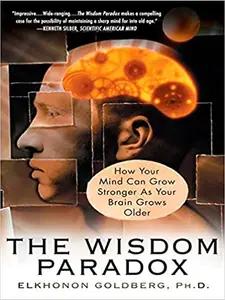The Wisdom Paradox: How Your Mind Can Grow Stronger As Your Brain Grows Older
By Elkhonon Goldberg
Category
ScienceRecommended by
"The Wisdom Paradox" by Elkhonon Goldberg delves into the fascinating contradiction between the decline of cognitive performance with age and the potential increase in wisdom. In this thought-provoking book, Goldberg explores the complexities of the human brain and the emergence of wisdom as we age.
Drawing on extensive research and personal experiences, Goldberg examines the neurological processes that contribute to the wisdom paradox. He reveals how the brain's executive functions evolve over time, offering valuable insights into decision-making, emotional intelligence, and moral reasoning.
Goldberg also explores the unique advantages that older adults possess, such as accumulated knowledge and perspective. He highlights the crucial role of social cognition, emphasizing the importance of empathy and compassion in the cultivation of wisdom.
Throughout the book, Goldberg challenges conventional wisdom about aging and intelligence, presenting his arguments with clarity and scientific rigor. He introduces readers to case studies and real-life examples, offering an engaging and accessible exploration of the complexities of the aging brain.
More than just an exploration of cognitive decline, "The Wisdom Paradox" invites readers to embrace the potential for personal growth and intellectual enrichment that comes with age. Goldberg provides practical strategies for maintaining cognitive vitality, offering hope and inspiration to readers of all ages.
Ultimately, "The Wisdom Paradox" presents a powerful argument that wisdom can flourish even as cognitive abilities decline. It is a must-read for anyone interested in understanding the intricacies of the aging brain, and discovering the beauty and power of wisdom that can be harnessed at any stage of life.
Drawing on extensive research and personal experiences, Goldberg examines the neurological processes that contribute to the wisdom paradox. He reveals how the brain's executive functions evolve over time, offering valuable insights into decision-making, emotional intelligence, and moral reasoning.
Goldberg also explores the unique advantages that older adults possess, such as accumulated knowledge and perspective. He highlights the crucial role of social cognition, emphasizing the importance of empathy and compassion in the cultivation of wisdom.
Throughout the book, Goldberg challenges conventional wisdom about aging and intelligence, presenting his arguments with clarity and scientific rigor. He introduces readers to case studies and real-life examples, offering an engaging and accessible exploration of the complexities of the aging brain.
More than just an exploration of cognitive decline, "The Wisdom Paradox" invites readers to embrace the potential for personal growth and intellectual enrichment that comes with age. Goldberg provides practical strategies for maintaining cognitive vitality, offering hope and inspiration to readers of all ages.
Ultimately, "The Wisdom Paradox" presents a powerful argument that wisdom can flourish even as cognitive abilities decline. It is a must-read for anyone interested in understanding the intricacies of the aging brain, and discovering the beauty and power of wisdom that can be harnessed at any stage of life.
Share This Book 📚
More Books in Science
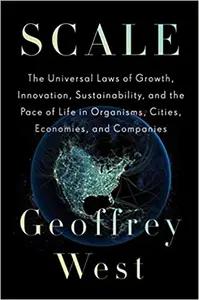
Scale
Geoffrey West
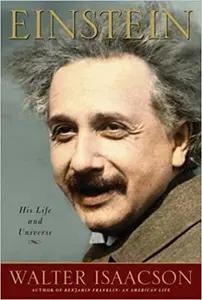
Einstein
Walter Isaacson
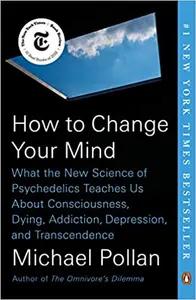
How to Change Your Mind
Michael Pollan
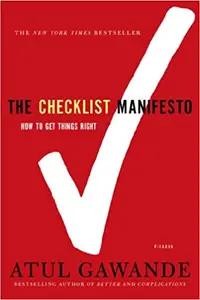
The Checklist Manifesto
Atul Gawande
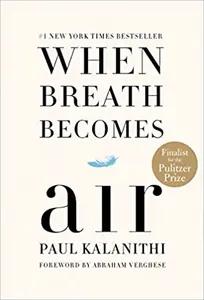
When Breath Becomes Air
Paul Kalanithi
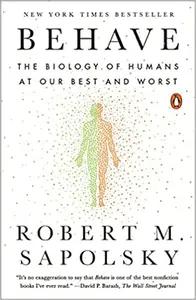
Behave
Robert Sapolsky
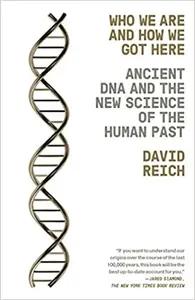
Who We Are and How We Got Here
David Reich
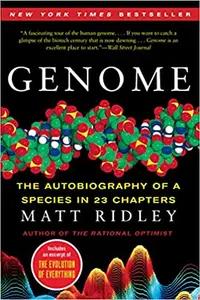
Genome
Matt Ridley
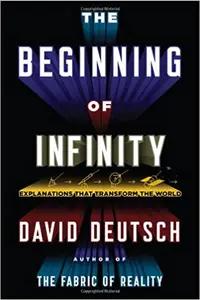
The Beginning Of Infinity
David Deutsch
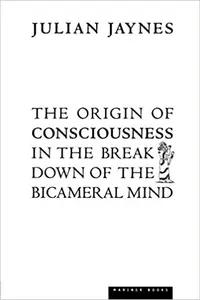
The Origin of Consciousness in the Breakdown of the Bicameral Mind
Julian Jaynes
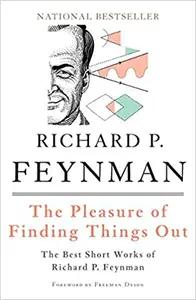
The Pleasure of Finding Things Out
Richard P. Feynman
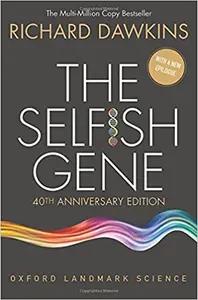
The Selfish Gene
Richard Dawkins
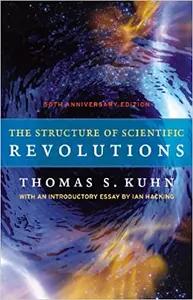
The Structure of Scientific Revolutions
Thomas Kuhn

I Contain Multitudes
Ed Yong
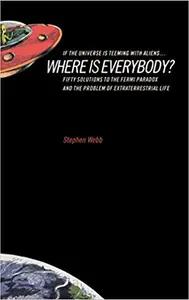
If The Universe Is Teeming With Aliens...Where Is Everybody?
Stephen Webb
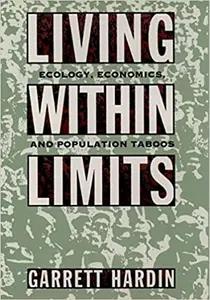
Living Within Limits
Garrett Hardin
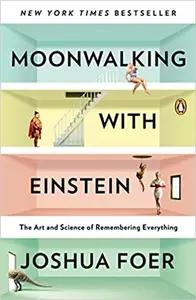
Moonwalking with Einstein
Joshua Foer
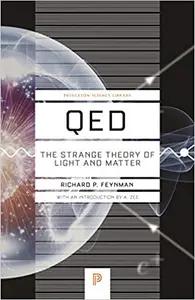
QED
Richard Feynman
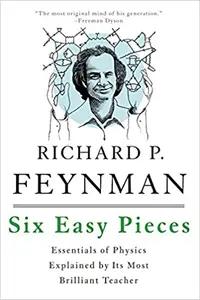
Six Easy Pieces
Richard P. Feynman
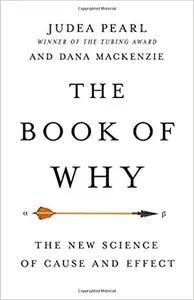
The Book of Why
Judea Pearl
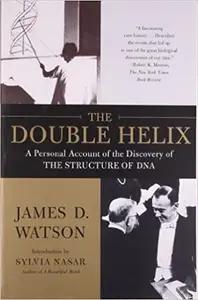
The Double Helix
James D. Watson Ph.D.
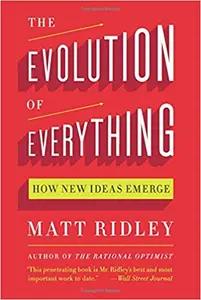
The Evolution of Everything
Matt Ridley
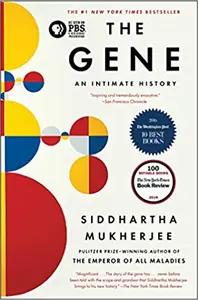
The Gene
Siddhartha Mukherjee
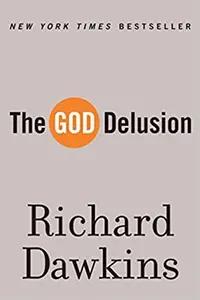
The God Delusion
Richard Dawkins
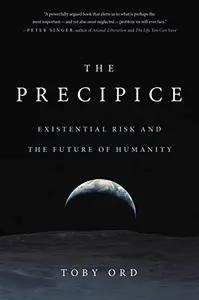
The Precipice
Toby Ord
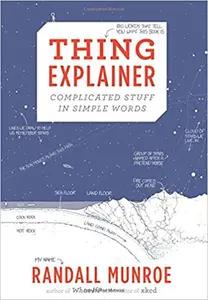
Thing Explainer
Randall Munroe
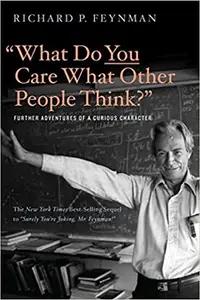
What Do You Care What Other People Think?
Richard P. Feynman
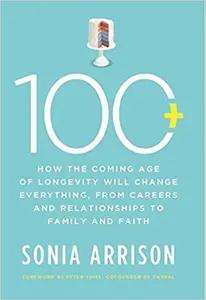
100 Plus
Sonia Arrison
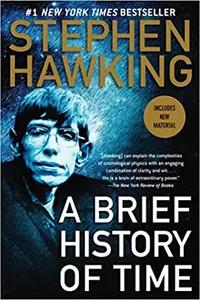
A Brief History of Time
Stephen Hawking
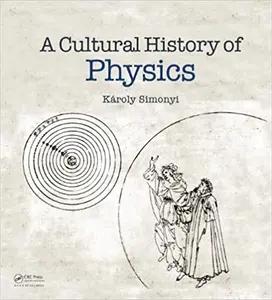
A Cultural History of Physics
Karoly Simonyi
Popular Books Recommended by Great Minds 📚
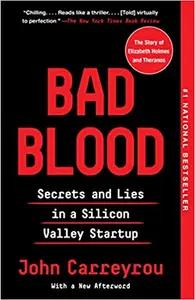
Bad Blood
John Carreyrou
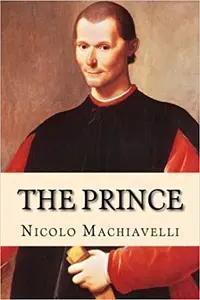
The Prince
Nicolo Machiavelli
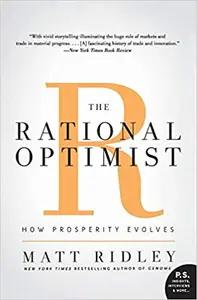
The Rational Optimist
Matt Ridley
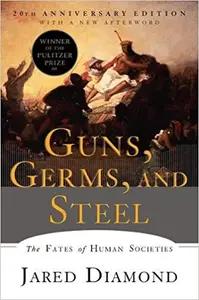
Guns, Germs, and Steel
Jared Diamond
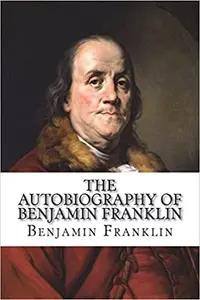
The Autobiography of Benjamin Franklin
Benjamin Franklin
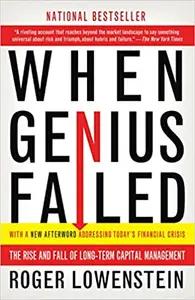
When Genius Failed
Roger Lowenstein

Extreme Ownership
Jocko Willink
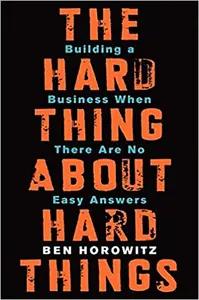
The Hard Thing About Hard Things
Ben Horowitz
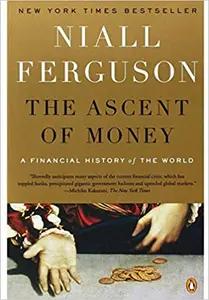
The Ascent of Money
Niall Ferguson

Behave
Robert Sapolsky
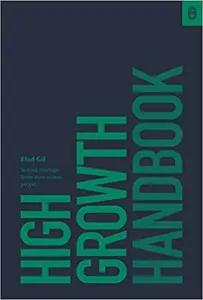
High Growth Handbook
Elad Gil
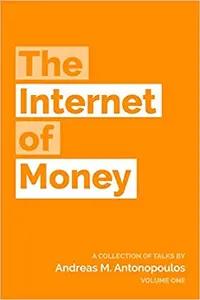
The Internet of Money Volume 1
Andreas Antonopolous
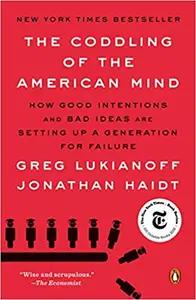
The Coddling of the American Mind
Greg Lukianoff & Jonathan Haidt
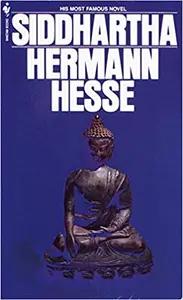
Siddhartha
Hermann Hesse
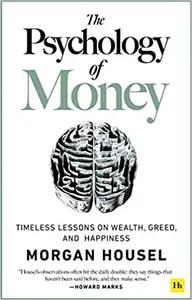
The Psychology of Money
Morgan Housel
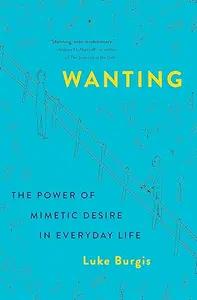
Wanting
Luke Burgis
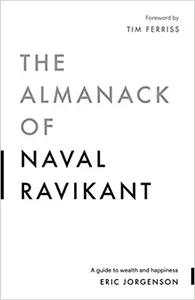
The Almanack of Naval Ravikant
Eric Jorgenson
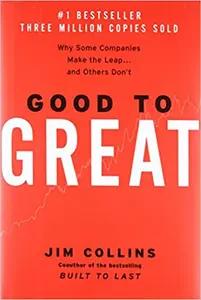
Good To Great
Jim Collins

Titan
Ron Chernow
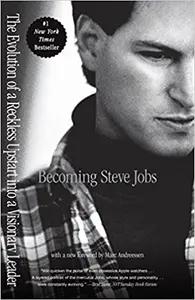
Becoming Steve Jobs
Brent Schlender
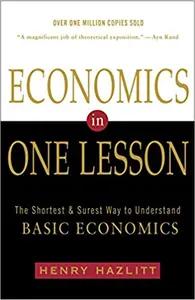
Economics in One Lesson
Henry Hazlitt
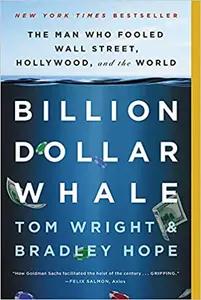
Billion Dollar Whale
Tom Wright
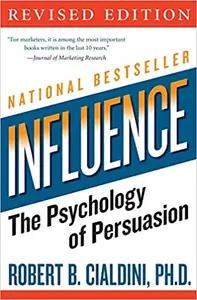
Influence
Robert Cialdini

Einstein
Walter Isaacson
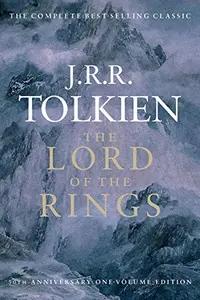
The Lord of the Rings
J.R.R. Tolkien
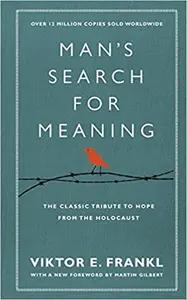
Man's Search for Meaning
Viktor Frankl
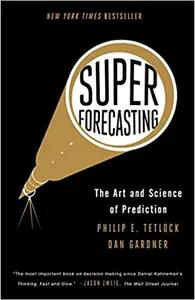
Superforecasting
Philip Tetlock
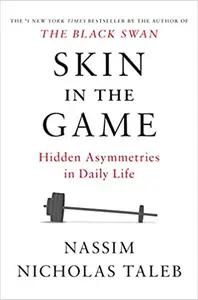
Skin In The Game
Nassim Taleb
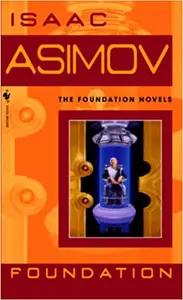
Foundation
Isaac Asimov

Who We Are and How We Got Here
David Reich
